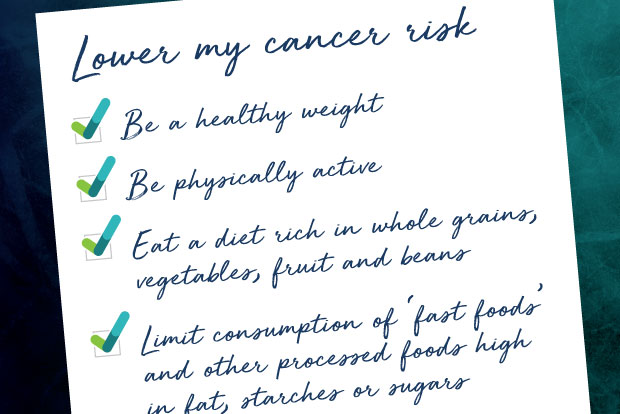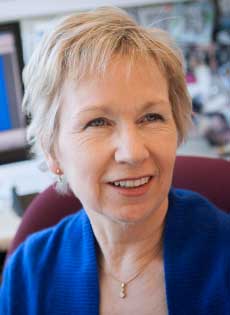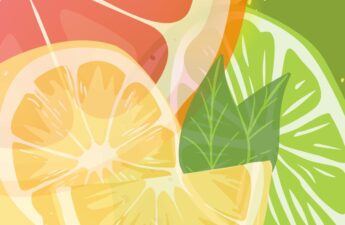
By Diane Mapes / Fred Hutch News Service
You’ve probably heard people talk about how there’s a cure for cancer but “THEY” (insert your favorite conspiracy-theory villain) are keeping it from you.
That’s actually half true, in a manner of speaking. There is a “cure” of sorts called prevention and/or risk reduction — but no one is keeping it from you. Cancer researchers have in fact been shouting it from the rooftops for years, but since it involves vegetables and exercise, as opposed to a new therapeutic breakthrough, most people have blithely ignored it.
We shouldn’t, said Kelly Browning, chief executive officer of the American Institute for Cancer Research, which along with the World Cancer Research Fund just released a 116-page report that boiled down evidence from hundreds of scientific studies involving 51 million people, including 3.5 million people with 17 different kinds of cancer.

“The message may not be glamorous but these changes can save your life,” Browning said in an interview. “The evidence is clear that making changes to diet and exercise and maintaining a healthy weight cuts cancer risks, regardless of age.”1.
The landmark report, a comprehensive analysis of research on lifestyle factors and cancer prevention, issued 10 recommendations to kick preventable cancer to the curb. Follow them and you should be able to significantly cut your personal cancer risk (you’ll also reduce your risk for cardiovascular disease, chronic respiratory diseases and diabetes).
Certain inherited genetic mutations (and yes, just plain bad biological luck) will still drive the disease in some people. But behaviors — the things we eat and drink; how much we eat and drink; and how much we move our bodies — play a huge role in determining our health.
“The range of cancers affected by lifestyle factors like diet, alcohol use and exercise is surprisingly high,” said Fred Hutchinson Cancer Research Center epidemiologist Dr. Anne McTiernan, one of a dozen or so scientists on the panel that compiled the report. “Cancer really is a preventable disease.” (Read her full commentary here.)
What can you do to cut your cancer risk? The first two steps are so obvious the report didn’t even bother making them recommendations: avoid tobacco products(especially smoking) and excess sun exposure.
After that, the world’s leading cancer prevention experts offer these tips. And since changing behavior is never easy, they’ve also created useful tools to help you stay healthy and motivated.
1. Be a healthy weightand avoid weight gain in adult life.
What does that mean? The World Health Organization defines a healthy adult BMI (body mass index) as 18.5 to 24.9. “Body fatness,” the panel concluded, is a cause of many cancers and the evidence has only grown stronger over the last decade (excess weight is also associated with type 2 diabetes, hypertension, stroke, coronary heart disease and other diseases).
2. Be physically active every day — walk more and sit less.
3. Eat a diet rich in whole grains, vegetables, fruit and beans.
4. Limit consumption of “fast foods” and other processed foods high in fat, starches or sugars to help control calorie intake and maintain a healthy weight.
5. Limit consumption of red and processed meat.
6. Limit consumption of sugar-sweetened drinks.
7. Limit alcohol consumption.
8. Do not use supplements for cancer prevention.
9. For mothers: breastfeed your baby, if you can.
10. After a cancer diagnosis: follow these recommendations, if you can.
Diane Mapes is a staff writer at Fred Hutchinson Cancer Research Center. She has written extensively about health issues for NBC News, TODAY, CNN, MSN, Seattle Magazine and other publications. A breast cancer survivor, she blogs at doublewhammied.com and tweets @double_whammied. Email her at dmapes@fredhutch.org.


